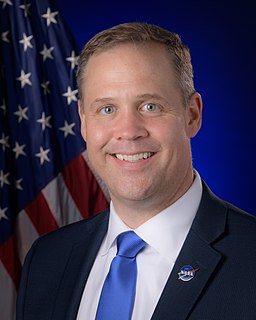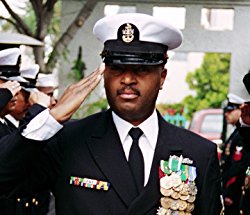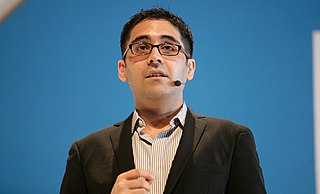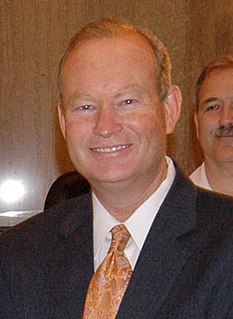A Quote by Jim Bridenstine
Twenty years ago the Oklahoma City bombing seared the concept of terrorism on American soil into our national consciousness and proved that we are all vulnerable, even in the heartland. I was in college at Rice University in 1995. All of us remember exactly where we were that day, and we will never forget the 168 people who were killed. Terrorism is evil, yet the incredible response to tragedies like we experienced in Oklahoma 20 years ago serve to highlight the strength, resolve, and resiliency of the American people to the world.
Quote Topics
American
American People
Bombing
City
College
Concept
Consciousness
Day
Even
Evil
Exactly
Experienced
Forget
Highlight
Incredible
Like
National
Never
Never Forget
Oklahoma
Oklahoma City
Our
People
Proved
Remember
Resiliency
Resolve
Response
Rice
Serve
Soil
Strength
Terrorism
Tragedies
Twenty
University
Us
Vulnerable
Were
Will
World
Years
Years Ago
Related Quotes
Well, one thing that has changed is the number of people killed by terrorists in Pakistan. Civilians killed has gone down really quite dramatically. There was a newspaper article here about a month ago that got big headlines which said that civilian deaths from terrorism were down something like 80 percent or 90 percent from their peak of two or three years ago.
There is no difference between an ISIS gunman and an American gunman that goes into a mosque, or the gunman Baruch Goldstein who went into the mosque in Bethlehem and killed 29 guys about fifteen years ago. Goldstein took his service weapon and tried to kill everybody in the mosque. He shot over a hundred people. There's no monopoly on terrorism. Terrorism experts know this and we live according to that.
Yes, business really does change. 400 years ago, corporations were formed by royal decree. 300 years ago, many countries were powered by slave labour, or its closest moral equivalent. 200 years ago, debtors didn't go bankrupt, they went to prison. 100 years ago - well, business is largely the same as it was a century ago. And that's exactly the problem. Business hasn't changed, but today's array of tectonic global shocks demands a different, radically better kind of business. Yesterday's corporations visibly cannot meet today's economic challenges.
Fifty years ago, great schools like the University of California and the City University of New York - as well as many state colleges - were tuition free. Today college is unaffordable for many working class families. For the sake of our economy and millions of Americans, we must make higher education more affordable.
What has happened is that we have seen a shift in the past twenty years in the very concept of hacking. So hacking twenty years ago was a neutral, positive concept. Somebody who was a hacker was someone with advanced computer skills, which could expose vulnerabilities and could explain why systems worked well or worked badly and they were generally regarded as an asset. Over the past twenty years, a combination of media and law enforcement has changed the perception of the concept so that it has almost always, if not invariably, a pejorative sense attached.
Talk to me 20 years ago and I had a complete sense of illegitimacy as an American Muslim. I felt like I wasn't authentic. But I don't understand and I don't believe or subscribe to this idea that I don't have a right to speak as a Muslim because I'm an American. Being Muslim is to accept and honor the diversity that we have in this world, culturally and physically, because that's what Islam teaches, that we are people of many tribes. I think the American Muslim experience is of a different tribe than the Saudi Muslim world, but that doesn't make us less than anyone else.

































